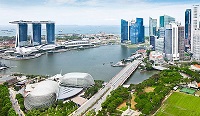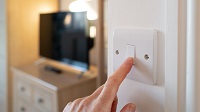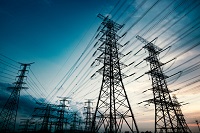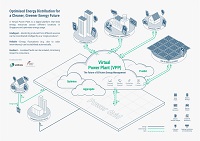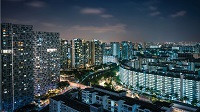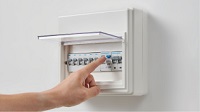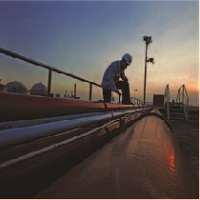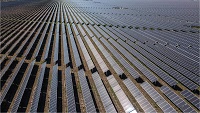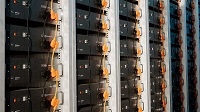For more information, please refer to:
The Housing & Development Board (HDB) and the Energy Market Authority (EMA) today signed a Memorandum of Understanding (MOU) with Panasonic at the World Cities Summit that paves the way for a study on the feasibility of establishing a Smart Home Energy Pilot. The year-long study will explore a suite of different energy choices and solutions, enabled by new technologies, for HDB households in the future. This collaboration demonstrates HDB and EMA’s commitment to constantly explore new technologies and solutions to meet the energy needs of Singaporeans, to build sustainable towns, and to empower residents to adopt a green lifestyle.
Smart Home Energy Pilot: Providing Energy Choices for HDB Households
The vision of the Smart Home Energy Pilot is to provide energy choices for households using Time-of-Use pricing, coupled with smart meters and Home Energy Management Systems, as well as energy aggregation models. The Smart Home Energy Pilot is envisaged to raise residents’ awareness of their household energy consumption, and ultimately encourage them to reduce and shift their energy usage. This will, in turn, help to lower their electricity bills.
The study will assess the feasibility of integrating some of the following areas under the Smart Home Energy Pilot:
- Time-of-Use Electricity Rate Packages
The provision of Time-of-Use electricity rate packages comprises lower charges during off-peak hours. This can incentivise residents to shift their electricity consumption to off-peak periods, and achieve savings in their electricity bills.
- Home Energy Management System (HEMS)
The provision of a Home Energy Management System (HEMS) provides energy usage data to encourage residents to change their behaviours and reduce energy consumption, potentially translating into energy savings. For example, using a smart phone application which is linked to HEMS, residents will be able to view their household energy usage on-the-go, and monitor their household electricity consumption status.
- Energy Aggregation Models
The viability of energy aggregation models will be explored to offer residents alternative sources of electricity. More specifically, the study will look into how solar energy and electricity from the grid could be aggregated, and supplied to HDB buildings and households.
Smart Home Energy Pilot in Yuhua, HDB’s Greenprint Estate in Jurong East
The findings from the study will allow HDB, EMA, and Panasonic to assess the feasibility of implementing the Smart Home Energy Pilot at the 38 HDB blocks in Yuhua estate, HDB’s Greenprint neighbourhood in Jurong East.
Dr Cheong Koon Hean, Chief Executive Officer, HDB, said, “We are pleased to tie up with EMA and Panasonic to study the Smart Home Energy Pilot. This study is part of HDB’s continual efforts to explore innovative and sustainable technologies. Through this study, we will be able to gain useful and practical knowledge and assess the feasibility of implementing the Smart Home Energy Scheme in HDB estates. Ultimately, we want to encourage and empower residents to embrace an eco-friendly lifestyle, so that they too, can do their part in building a green living environment. Our residents will also enjoy savings from lower energy use."
Bernard Nee, Assistant Chief Executive, EMA, said “This project is in line with EMA’s vision of Smart Energy, Sustainable Future and support for continued innovation to bring benefits to end-users of energy. The Smart Home Energy Pilot will provide EMA with further opportunities to understand how the provision of real time energy consumption information coupled with time-of-use pricing and Home Energy Management systems can bring about positive behavioural changes and cost savings for households.”
Junichiro Kitagawa, Managing Director, Panasonic Asia Pacific, said, “As electricity demand increases, energy management technologies and solutions are becoming more important than ever. With our technological expertise as well as range of hardware and software, the Smart Home Energy Pilot presents Panasonic the opportunity to provide alternative energy choices, integrated solutions and value-added services for HDB residents. We hope that such synchronised private-public efforts will create a better life and a better world for all.”
